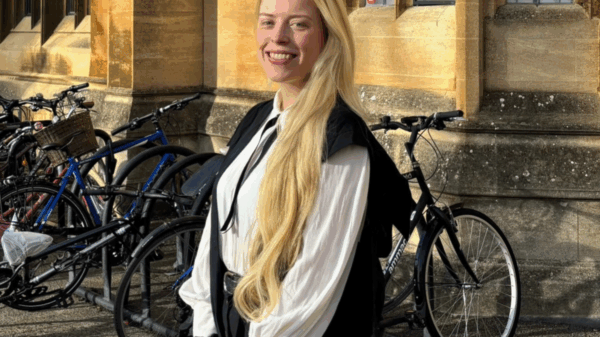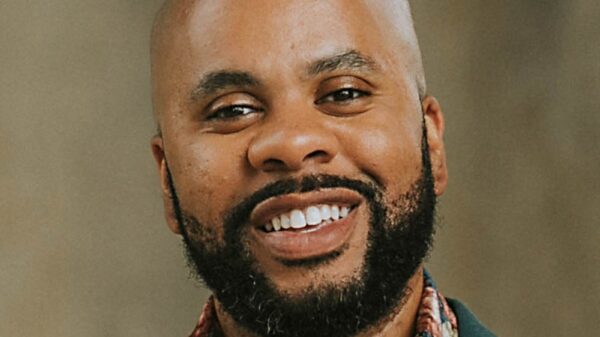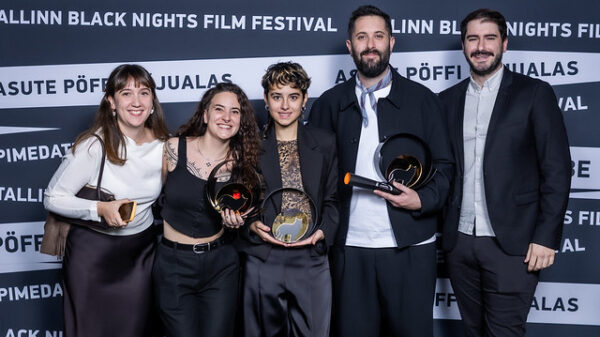UPDATE: Dr. Juliet Turner, a 27-year-old ecologist, is facing a wave of sexist backlash on social media after celebrating her recent Ph.D. achievement from the University of Oxford. Just hours after announcing her success with the message, “You can call me Doctor,” she was inundated with derogatory comments questioning her choices as a woman in academia.
Turner shared her milestone on November 14, 2023, posting a photo and expressing her joy after successfully defending her thesis on insect cooperation and labor division. The post received more than 51,000 likes, but quickly became a platform for misogynistic remarks from online trolls.
In a shocking display of sexism, some users mocked her academic path, suggesting her failure to have children was a personal shortcoming. One comment read: “You are 30 years old with no husband or kids—genetic dead end,” despite Turner being only 27. This sentiment echoed through numerous posts, as male commenters questioned her choices and criticized her commitment to her career over traditional roles.
“Every time I open the app, I’m flooded by new posts of strangers weighing in on either the validity of my thesis topic, the health of my eggs, or the wisdom of my life choices!” – Dr. Juliet Turner
Turner, who described the online reaction as “really hard to process,” highlighted the peculiar scrutiny women in academia face regarding their personal lives. She stated, “The idea that doing a Ph.D. means you probably won’t have children is odd. I come from an academic family myself, so I’m living proof that academics are capable of self-replication!”
The broader implications of this backlash reflect a growing trend of misogynistic content online. A recent survey by Amnesty International found that 73% of Gen Z respondents in the U.K. reported witnessing misogynistic posts, with many believing the language has intensified across platforms like TikTok and Instagram.
Despite the negativity, Turner remains focused on her work as a pollinator ecologist, engaging in applied conservation projects across the U.K. She expressed optimism about the opportunity to discuss her research and connect with those genuinely interested in her work.
As the conversation surrounding women in STEM continues, Turner’s experience underscores the challenges faced by women pursuing academic careers. She emphasized, “It’s a hard line to walk because, on one hand, you want to show that you are capable, but also there are many people who are very ready to interpret your conviction as conceitedness.”
As this story develops, it serves as a reminder of the urgent need for a shift in societal attitudes towards women in academia and the recognition of their achievements without the lens of outdated gender roles. Keep following for more updates on this evolving situation.








































































